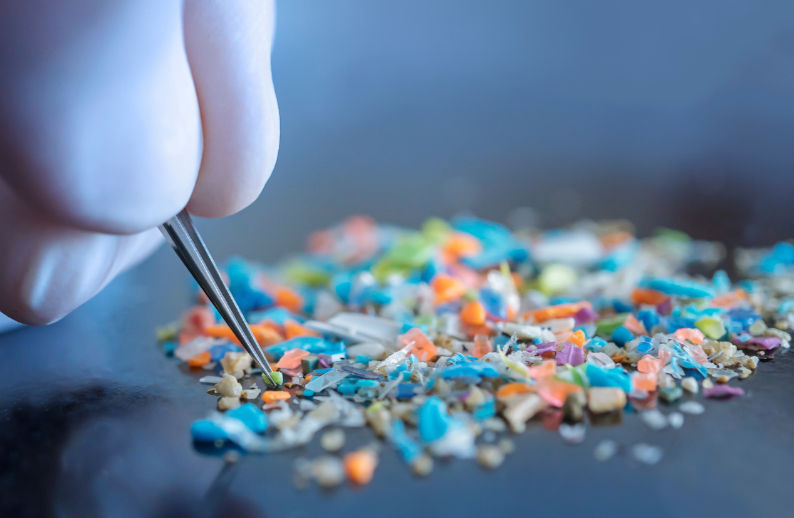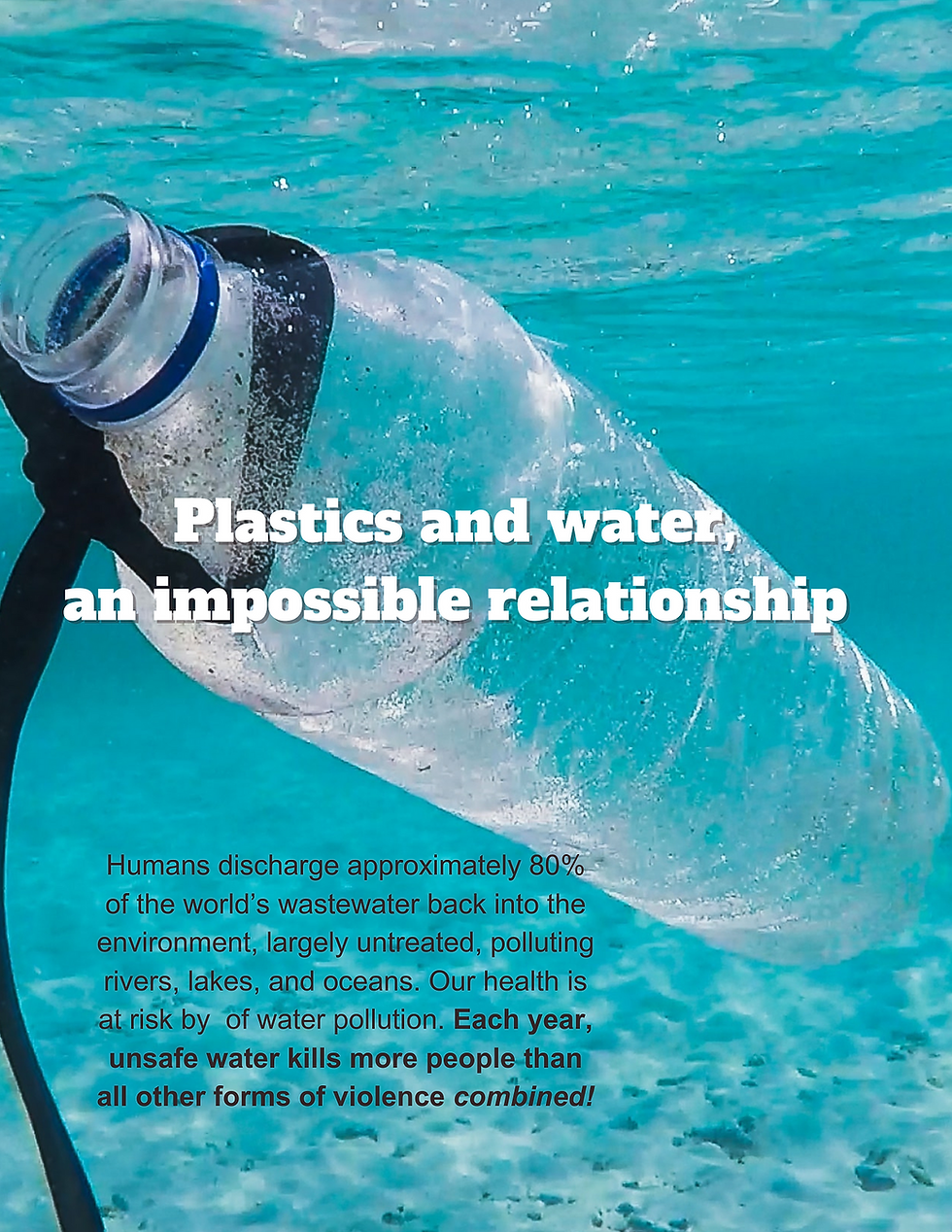Navigating Climate Change Challenges While Struggling with Disposable Plastics
- Aug 5, 2025
- 3 min read
Updated: Feb 9

As the climate crisis intensifies, the urgency for action has never been clearer. Yet, many of us grapple with the everyday temptation of using disposable plastic water bottles and shopping bags. This leads to a thought-provoking question: if we struggle to simplify our habits and reduce plastic usage, how can we tackle the complex problem of climate change effectively?
The Plastic Dilemma
Every year, approximately 300 million tons of plastic are produced globally, with a staggering amount ending up in our oceans. Single-use products, particularly plastic bottles and bags, are major contributors to this pervasive pollution. Such waste not only harms marine life but also accounts for about 8% of global greenhouse gas emissions. While these figures can feel daunting, we often overlook them when we reach for the convenience of a plastic bottle or bag.
Busy lifestyles lead many to make swift choices. For example, studies show that 50% of people find it easier to grab a plastic item than to find a reusable alternative. This pattern highlights a societal challenge: our commitment to sustainability is tested daily by our habits. If even small changes seem difficult, it raises the question of how we can approach the larger, more intricate issues tied to climate change.
The Connection to Climate Change
Understanding the connection between disposable plastics and climate change is vital. The cycle of producing, transporting, and disposing of plastic products requires substantial energy, leading to increased carbon emissions. For instance, it has been estimated that each kilogram of plastic produced results in roughly 3 kilograms of carbon dioxide emissions (6.6 pounds). This is a clear indication that our reliance on these products complicates the fight against climate change.
Moreover, the relationship between rising global temperatures and plastic pollution is concerning. Events like flooding can wash plastic debris into water sources, compounding both pollution and climate challenges. To ensure a healthier planet, addressing both the use of plastics and climate change is not merely a moral obligation; it is critical
Cultural and Behavioral Shift
So, what are the practical steps we can take? A cultural shift towards sustainability can start at the community level. Initiatives could include informative workshops that teach individuals about the dangers of plastic and showcase eco-friendly alternatives. For example, programs that provide discounts to customers who bring reusable bags have seen promising results, leading to increased usage of sustainable products.

Businesses play a crucial role as well. Encouraging them to support and promote the use of reusable items can lead to greater acceptance of sustainable choices. Imagine a neighborhood grocery store offering a 10% discount to individuals who bring their own containers. This not only makes sustainability accessible but turns it into a rewarding experience for consumers
Practical Solutions
On a personal level, small changes can lead to significant environmental impacts. Here are a few actionable steps to consider:
Carry a Reusable Water Bottle: By investing in a high-quality reusable bottle, you can significantly decrease the number of single-use bottles consumed. Many users find that doing so not only reduces waste but also saves them money.
Use Tote Bags: Opt for fabric or other sustainable bags when shopping. Keep them handy in your car or near your entrance as a reminder to use them instead of plastic bags.
Educate Yourself and Others: Stay informed about sustainability issues and engage in conversations with friends and family. Sharing knowledge can spark action in your community.
Support Local Initiatives: Get involved with local organizations that focus on reducing plastic waste and fostering sustainable practices. Your participation can strengthen community efforts towards these goals.
Rethinking Our Impact
The journey toward addressing climate change is closely linked with our everyday habits regarding plastic use. While frustrations may remain over our reliance on these materials, every effort to reduce waste contributes to a healthier planet. As awareness continues to grow, so does the potential for change—both on an individual and societal level. Let’s commit to reassessing our choices and actively participate in creating a sustainable future.






Comments